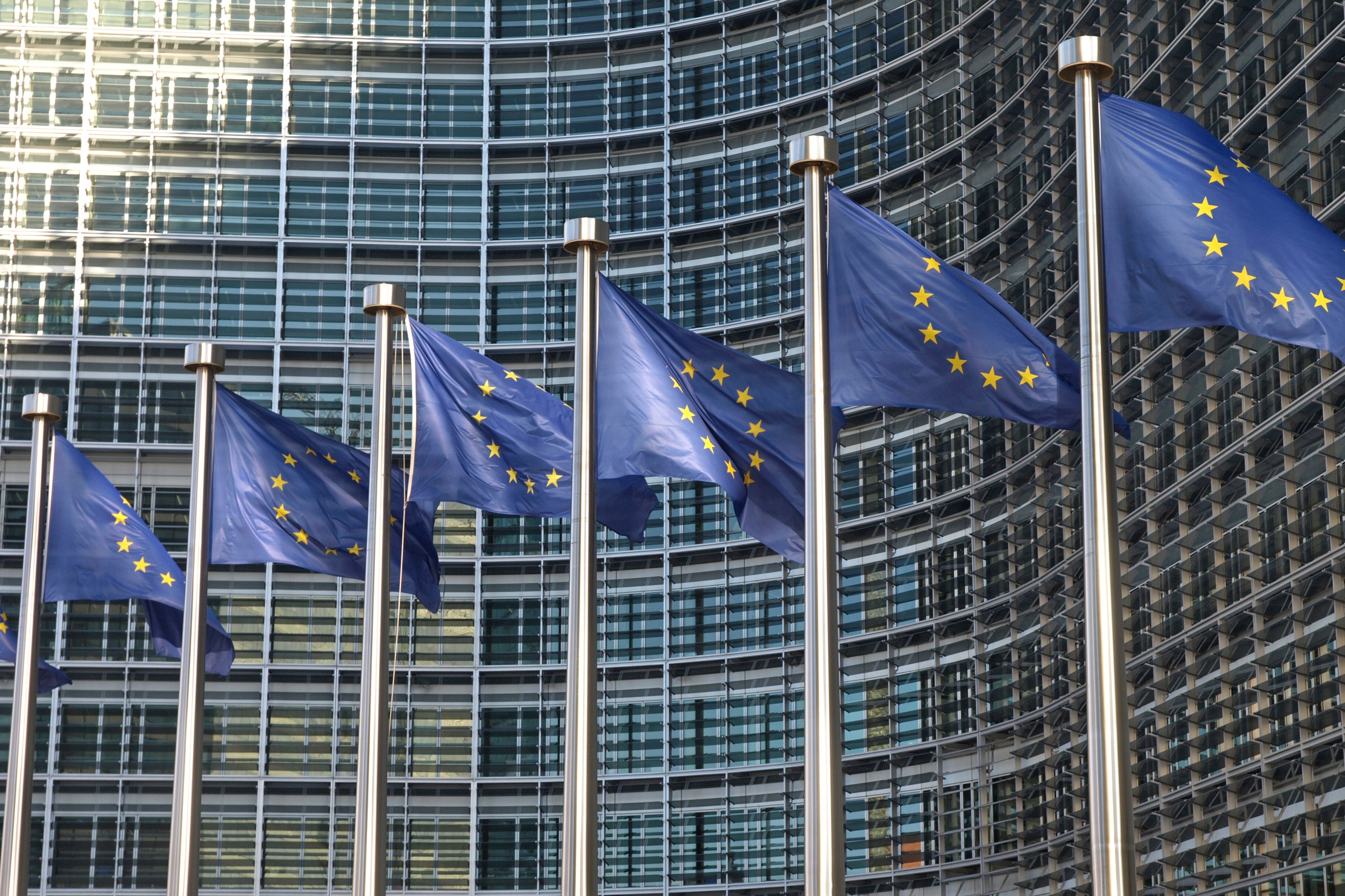EU Parliament votes to break up Google
Lawmakers want search business separated from other commercial services


The European Parliament approved a motion to split Google's search business from its other interests in an historic vote today.
The decision gives no power to the EU to actually break up the tech giant, but is a clear signal of its dissatisfaction with Google's recent actions as an antitrust investigation into the firm's search dominance lumbers on.
The motion, launched by MEPs Ramon Tremosa and Andreas Schwab, saw EU legislators vote 458 to 173 in favour, with 23 abstentions.
But the resolution is non-binding, giving the EU no power over the European Commission conducting the five-year antitrust investigation into Google.
However, the vote does put pressure on the investigators to reach decisions on Google's search dominance in Europe, how it can display its search services, and how it uses content from other websites.
Tremose and Schwab said in a statement explaining the motion: "In case the proceedings against Google carry on without any satisfying decisions and the current anti-competitive behaviour continues to exist, a regulation of the dominant online web search should be envisaged.
"In the past, Google has failed to propose adequate remedies to address the Commission's concerns and continued to pursue its practices unabatedly. It continued thereby to suppress competition to the detriment of European consumers and businesses."
Get the ITPro daily newsletter
Sign up today and you will receive a free copy of our Future Focus 2025 report - the leading guidance on AI, cybersecurity and other IT challenges as per 700+ senior executives
In Europe, Google has around 90 per cent market share (compared to just 68 per cent in the US). Google's rivals have said this dominance has been abused by Google and led to it giving preference to its own services over that of the competition.
The motion calls for the "unbundling" of search services from others Google offers. The resolution has the support of Europe's two main political groups: the European People's Party and the Socialists.
New EU competition commissioner Margrethe Vestager could now be pressurised into taking a harder line with Google over complaints against the firm. The investigation into Google's practices has grinded on for four years under previous EU competition commissioner Joaquin Almunia.
A spokesman for the EC Competition Office said search engines played an important part in developing a European Digital Single Market.
"We are committed to ensuring fair competition in the markets they are active in. Commissioner Vestager will decide on how to take the ongoing anti-trust investigations into Google's business practices forward, once she has heard what those most directly affected by the practices in question have to say," the spokesman said.
In a blog post, the Computer and Communications Industry Association (CCIA), of which Google is a member, said it was concerned that, if passed, this could lead to other firms broken up.
"Even though this motion is clearly directed at one company, the approach taken in this motion and the politics surrounding the Google competition case in general has wider implications and threatens the entire internet economy," the association said.
"If incumbents in legacy industries can use their political advantages to affect a supposedly independent legal proceeding against a disruptive Internet company such as Google, then it will encourage similar proceedings against other companies in the future."
This article was updated at 12.30pm on Thursday, November 27 to reflect the motion being passed by the European Parliament.
Rene Millman is a freelance writer and broadcaster who covers cybersecurity, AI, IoT, and the cloud. He also works as a contributing analyst at GigaOm and has previously worked as an analyst for Gartner covering the infrastructure market. He has made numerous television appearances to give his views and expertise on technology trends and companies that affect and shape our lives. You can follow Rene Millman on Twitter.
-
 Cleo attack victim list grows as Hertz confirms customer data stolen
Cleo attack victim list grows as Hertz confirms customer data stolenNews Hertz has confirmed it suffered a data breach as a result of the Cleo zero-day vulnerability in late 2024, with the car rental giant warning that customer data was stolen.
By Ross Kelly
-
 Lateral moves in tech: Why leaders should support employee mobility
Lateral moves in tech: Why leaders should support employee mobilityIn-depth Encouraging staff to switch roles can have long-term benefits for skills in the tech sector
By Keri Allan